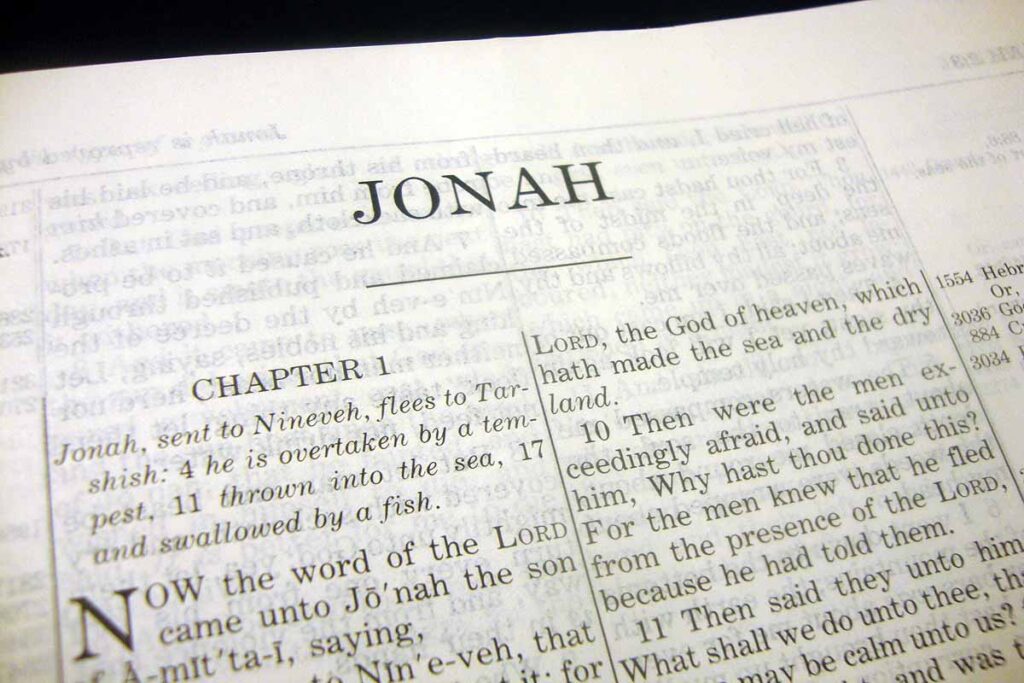Jonah was a reluctant prophet given a mission he found distasteful. He chose to run away from God rather than obey him. Like Jonah, we may have to do things in life that we don’t want to do. Sometimes we find ourselves wanting to turn and run. But it is better to obey God than to defy him or run away. Often, in spite of our defiance, God in his mercy will give us another chance to serve him when we return to him.
As you read Jonah, see the full picture of God’s love and compassion and realize that no one is beyond redemption. The gospel is for all who will repent and believe. Begin to pray for those who seem to be furthest from the kingdom, and look for ways to tell them about God. Learn from the story of this reluctant prophet and determined to obey God, doing whatever he asks and going wherever he leads.
Writer of Jonah
Jonah son of Amittai. The title of the book is the same name as the main character, Jonah. The book is anonymous, and there are no indicators elsewhere in Scripture to identify the author. The foundational source for the book was likely Jonah’s own telling of the story after his return from Nineveh.
Date Written
Since Jonah prophesied during the reign of Jeroboam II (782-753 B.C.; see 2 Kings 14:23-28), and since Sirach 49:10 (from the 2nd century B.C.) refers to the “twelve prophets” (namely, the 12 Minor Prophets, of which Jonah is the fifth), the book of Jonah was written sometime between the middle of the eighth and the end of the third centuries. No compelling evidence leads to a more precise date.
To Whom Written
The primary purpose of the book of Jonah is to engage readers in theological reflection on the compassionate character of God, and in self-reflection on the degree to which their own character reflects this compassion in the world that God has made and so deeply cares about.
Historical Setting of Jonah
The prophet Jonah visited Nineveh during the glorious days of the Assyrian empire. From about 885 to 625 B.C., the Assyrians dominated the ancient world. Numerous passages in the Old Testament report the advances of Assyrian military forces against the neighboring kingdoms of Judah and Israel during these years. Israel finally fell to the Assyrian forces about 722 B.C.
Theological Contribution
One of the great truths emphasized by this book is that God can use people who do not want to be used by Him. Jonah was practically driven to Nineveh against his will, but his grudging message still struck a responsive chord in the Assyrians. However, the greatest insight of the book is that God desires to show mercy and grace to all the peoples of the world. No one nation or group can claim exclusive rights to His love.
Special Consideration of Jonah
Too much attention has been focused on the “great fish” that swallowed Jonah and then spat him out on the shore. We solve nothing by debating whether a fish could swallow a man or whether a person could remain alive for three days in the stomach of such a creature. The point of this part of the story is that God worked a miracle to preserve the life of His prophets so he could get to Nineveh to carry out God’s orders.
Click here to download or print the Bible outline “Jonah – Mankind is Accountable to God“.




